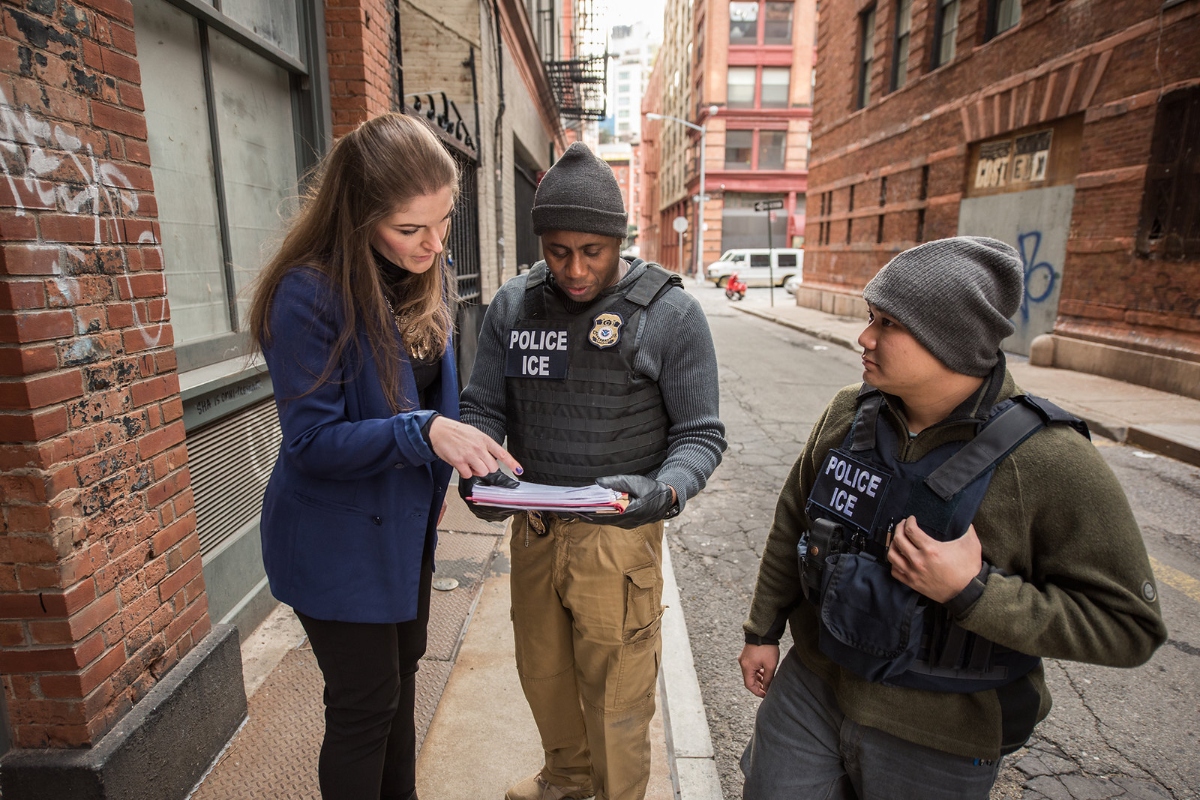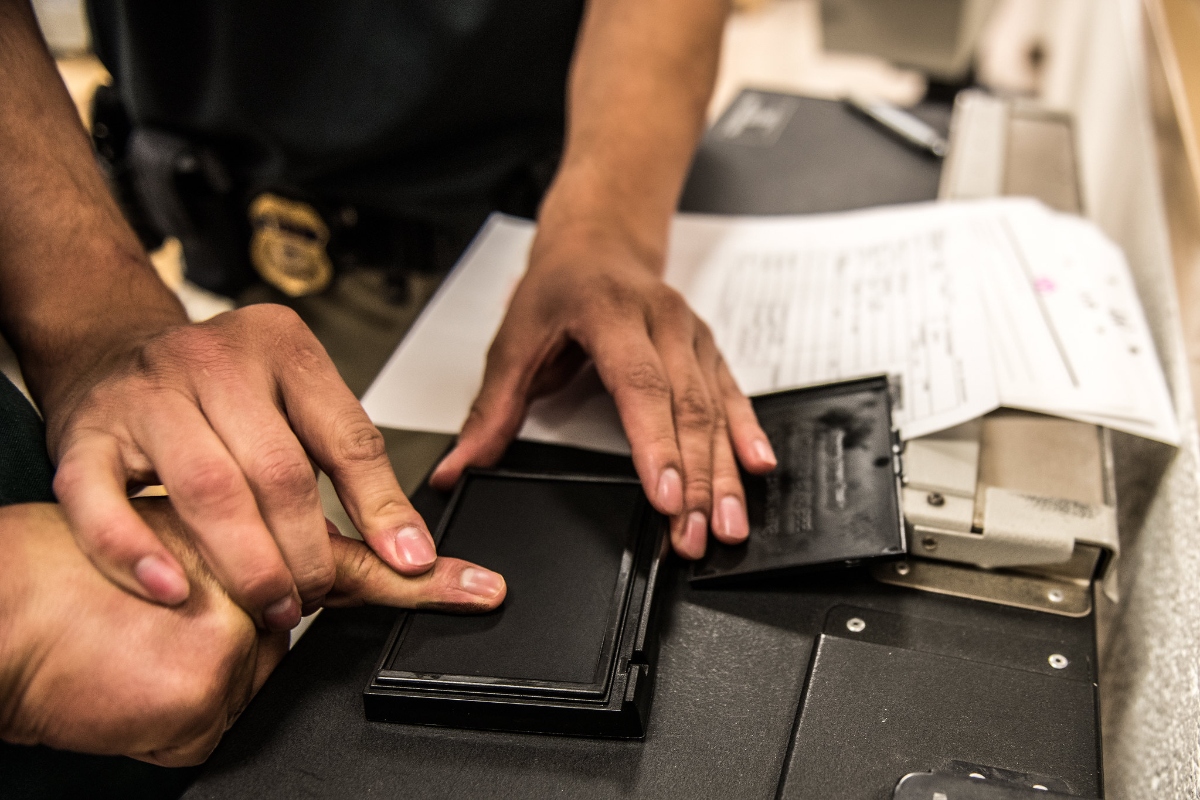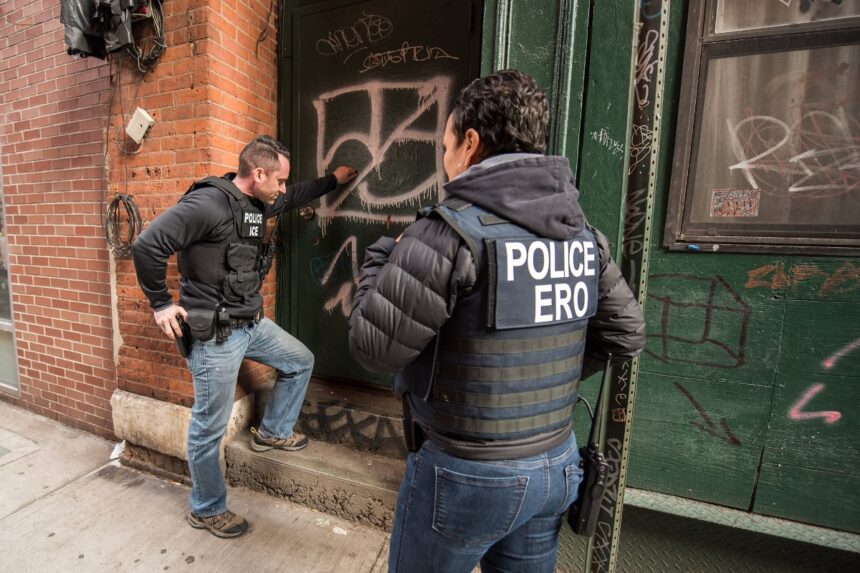For many immigrant families in the United States, the mere possibility that agents from Immigration and Customs Enforcement, better known as ICE or La Migra, will arrive at their home is cause for anxiety.
But beyond fear, the most important thing is to know how to react safely and with knowledge of your rights. For this reason, here we explain, step by step, what to do if ICE comes knocking on your door.
1. Do not open the door
ICE cannot enter your home without a warrant signed by a judge (an ICE warrant is not enough).
Ask to be shown through the window or passed under the door.
A valid order must have your correct name and address, and must be signed by a judge.
If it does not meet these requirements, you are not obligated to open.
2. Do not give out personal information

You are not required to state your name, place of birth or show documents if there is no valid court order.
Avoid arguing, lying or trying to run away.
Just say, “I do not authorize entry and want to speak to a lawyer.”
3. Document everything if possible
If you can record with your cell phone without putting yourself at risk, do it.
Note the time, names or numbers on agents’ vests, and anything they say or do.
These details can be key if you later need to defend yourself legally.
4. Have a plan with your family

Talk among your family members ahead of time about what to do if ICE arrives.
Have a folder ready with important documents (birth certificates, lawyer contact, power of attorney for children, etc.).
Assign someone you trust who can care for your children in case of an emergency.
5. Don’t sign anything without talking to a lawyer

ICE may pressure you to sign voluntary departure or documents in English that you do not understand.
Do not sign anything without legal advice.
You have the right to remain silent and ask to speak to an attorney.
6. Know your rights, even if you don’t have papers
Having rights does not depend on your immigration status.
You have the right to remain silent, not to open the door without a court order, and to contact an attorney.
🛑 In a nutshell
Do not open the door without a judge’s order.
Do not give out information or sign anything.
Talk to a lawyer and have a family plan.
You have rights. And no one can take them away from you without following the law.
For more news, visit QuéOnnda.com.






















